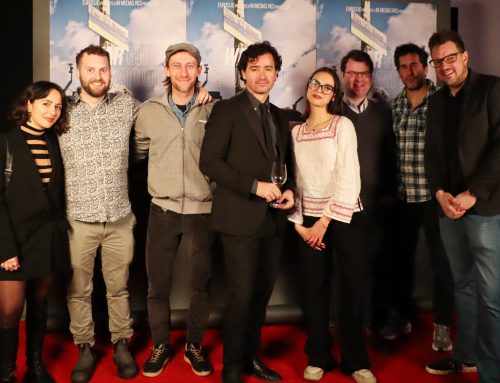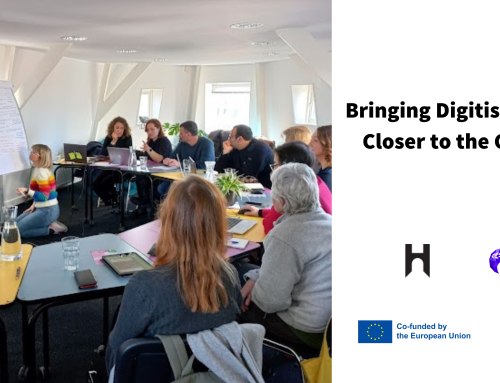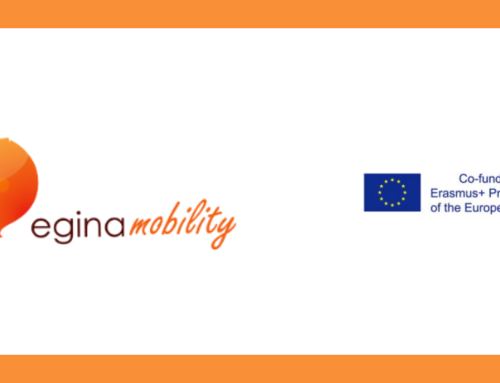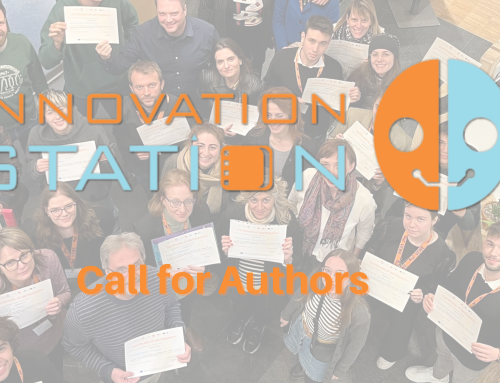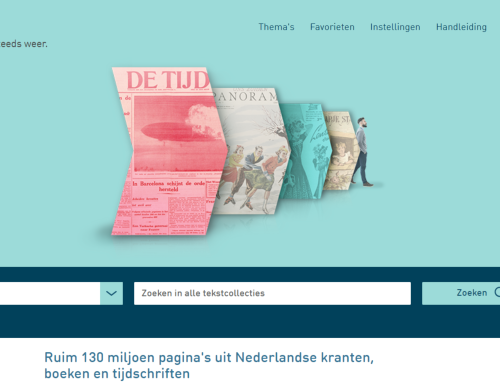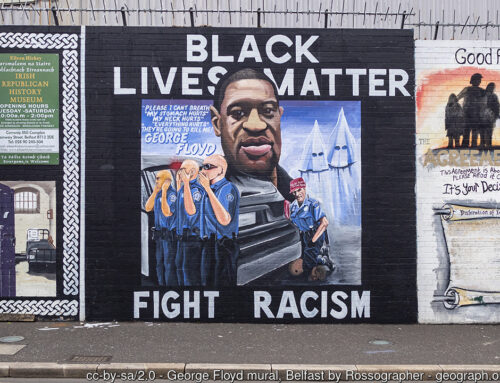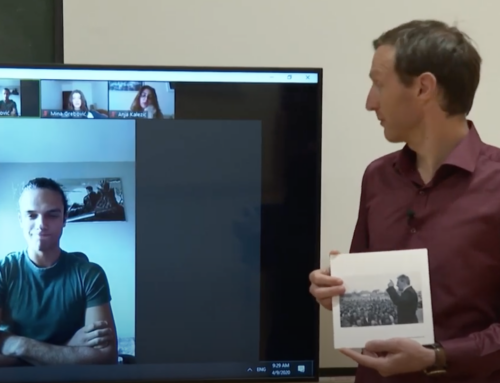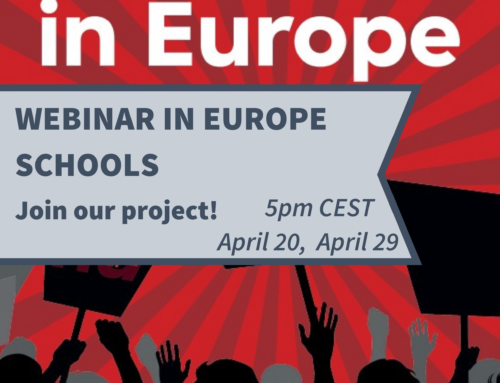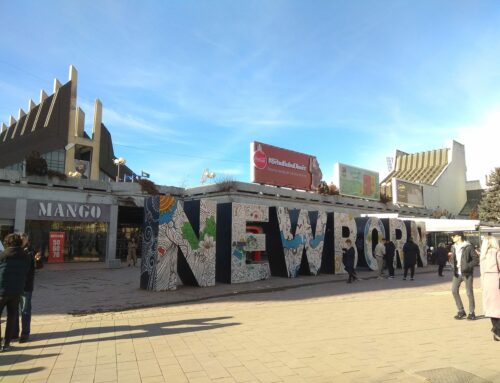On 18 December, EuroClio headed to Brussels along with partners at Centre for Democracy and
Reconciliation in Southeast Europe (CDRSEE) and the International Students of History Association
(ISHA) to discuss the difficult and proven at times controversial question of ‘How can Europe Help the
Balkans “Consume” its History?’ This event was hosted at the House of European History and during the
full day event a range of questions were explored regarding the issues facing Southeast Europe today:
What is the European Union’s role in healing the wounds of the 1990s wars in ex-Yugoslavia? How can
History teachers in the region teach about the wars when it still such a controversial subject matter?
How does a nation or region actually “consume” it’s history?
The day started off with a panel with delegations from the European Union including Davide Berton,
Diego Marani, Pavel Tychtl and Walter Zampieri who discussed the EU’s relationship with culture and
history in the Western Balkans, a speech by Costa Carras from CDRSEE, and preliminary research results
presented by Lucija Balikic from ISHA. Throughout the day two separate study results were released;
EuroClio’s Dea Maric and Rodoljub Jovanović presented the report from our ePact project: Education
Partnership for Advocacy, Capacity-Building and Transformation.
Researchers Anja Gvozdanović and Vanja Kukrika from the project “Divided Past, Joint Future”
presented their results from a qualitative study on the “Process of Reconciliation in the Western Balkans
and Turkey.”
The day was characterized by lively debate and interesting discussion by international participants on
the role of history in the process of peace and reconciliation in Southeast Europe. If you want to read more about the event in Brussels, click here to read the full report.

